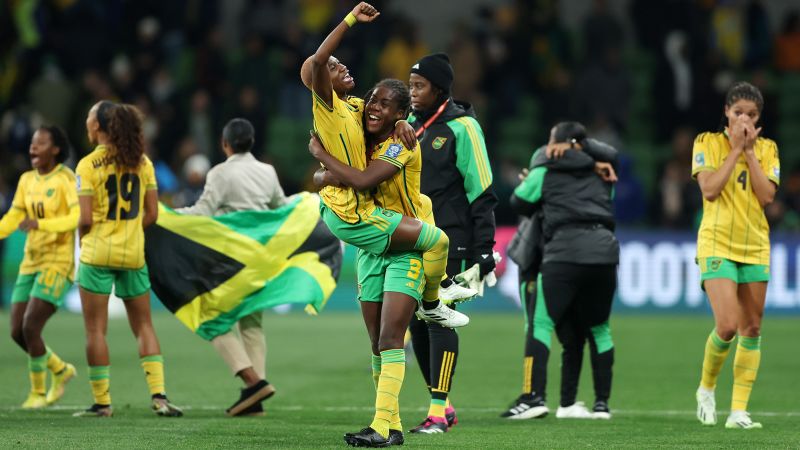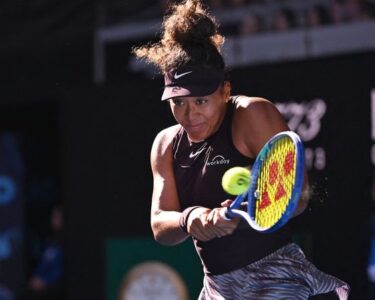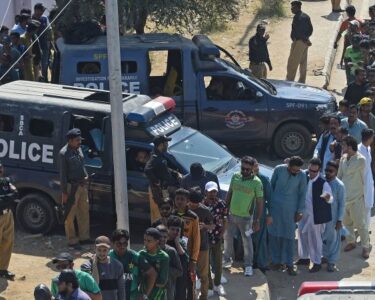CNN
—
Just two months after the conclusion of a Women’s World Cup which broke records and new ground, women’s soccer is engulfed in another damaging crisis with the history-making Jamaican players refusing to play for their country in upcoming internationals.
In a statement shared on social media at the weekend by senior members of the 2023 World Cup squad, including captain Allyson Swaby and star striker Khadija Shaw, the players in question said they were taking a “drastic stance” in an attempt to end “constant mistreatment” from their national governing body.
Members of the World Cup squad, the statement read, were still waiting for correct payments for their performances at the tournament and accused the Jamaica Football Federation (JFF) of poor management.
The statement also accused the JFF of “unprofessional communication” and said players only learned about their new head coach Xavier Gilbert through social media. Gilbert was an assistant to former coach Lorne Donaldson.
“We have dealt with this lack of communication, poor organization, poor management, and delayed payments from the JFF time and time again,” said the statement, which was signed “With Love, Your Reggae Girlz.”
“For these reasons, we take our stance in solidarity with hope to end this cycle of mistreatment.”
In a statement posted on its website, the JFF said it suspended any “selection of the players in question” until contractual issues had been resolved.
“The JFF is uncomfortable with the response of the players and the non attendance of the player representatives to a scheduled meeting today,” said the statement.
“The JFF is eager to clear up all the concerns that team members may have in accordance with the contracts. If there is a grievance or concern, this must be placed squarely on the table to be addressed and documented to the JFF.”
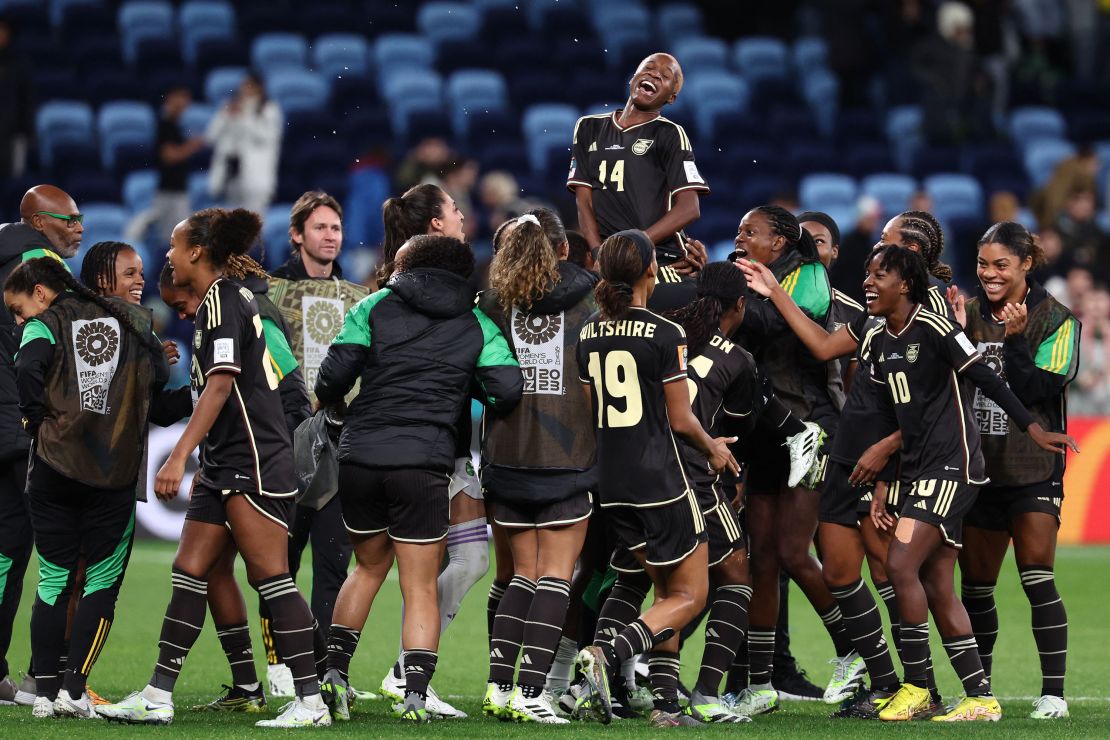
Jamaica is not the only team from this year’s World Cup to lock horns with its governing body following a tournament which set attendance records and saw new stars and teams emerge.
The Spanish national team, which won the tournament for the first time, put on a united front during a scandal which captured the attention of the world, forcing the Royal Spanish Football Federation (RFEF) into sweeping changes in the wake of then president Luis Rubiales’ unwanted kiss on star player Jennifer Hermoso during the medal ceremony.
Much of Spain’s World Cup-winning squad had boycotted subsequent games to enforce changes to the governing body. After weeks of fierce criticism, Rubiales resigned and former head coach Jorge Vilda lost his job.
Many of the players, including Hermoso, have since agreed to represent their country again.
Jamaica made its own history at the World Cup, becoming the first Caribbean nation ever to reach the knockout phase of the tournament.
The team is set to play Concacaf Gold Cup qualifying matches against Panama on October 25 and Guatemala on October 29.
On Saturday, the JFF announced an inexperienced squad for the team’s upcoming fixtures, missing many of its key players.
Only six of the 23 players called up for the two matches have previously represented the national team at senior level, according to the Jamaica Gleaner.
CNN has reached out to world soccer’s governing body FIFA for comment but has not received a response.
“While this has been one of the hardest decisions we have had to make, we feel it is necessary to take such a drastic stance to put an end to the constant mistreatment we receive from the Jamaica Football Federation,” the statement from the players read.
It added: “We have yet to receive full and correct payments for our historical performances at the World Cup and the numerous outstanding bonuses for qualifying in the summer of 2022,” the statement said.
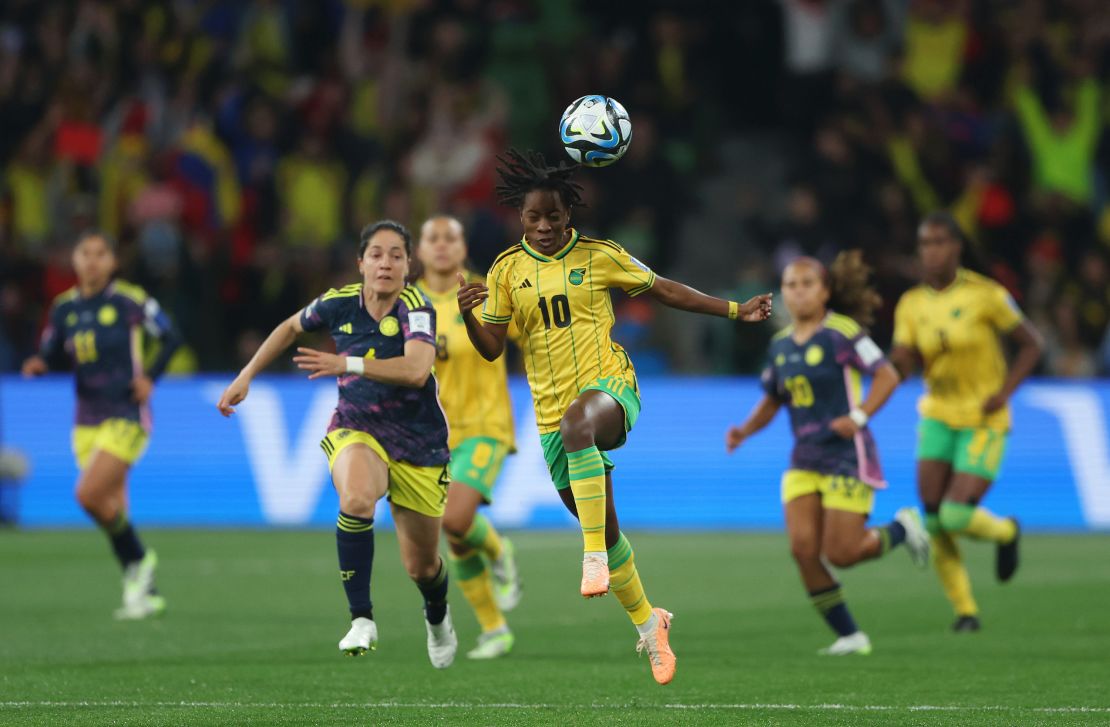
FIFA announced in June that, for the first time, about $49 million of the record $110 million Women’s World Cup prize money would go directly to individual players – at least $30,000 each for participating and $270,000 to each player on the winning squad.
A long battle
For years, Jamaica’s women’s team has battled for better funding and working conditions.
The team was disbanded in 2008 and 2016 due to underfunding, but against the odds – and with the help of funding from Bob Marley’s daughter, Cedella – Jamaica qualified for its first ever World Cup in 2019.
Ahead of this year’s World Cup in Australia and New Zealand, many of the first-team squad wrote an open letter to the JFF expressing their “utmost disappointment” in what they described as “subpar” conditions during their World Cup preparations.
In a statement on its website at the time, the JFF acknowledged that “things have not been done perfectly.”
Despite issues off the field, Jamaica’s players once again defied expectations this year by making it through a World Cup group that contained France, Brazil and Panama on their way to making history.


